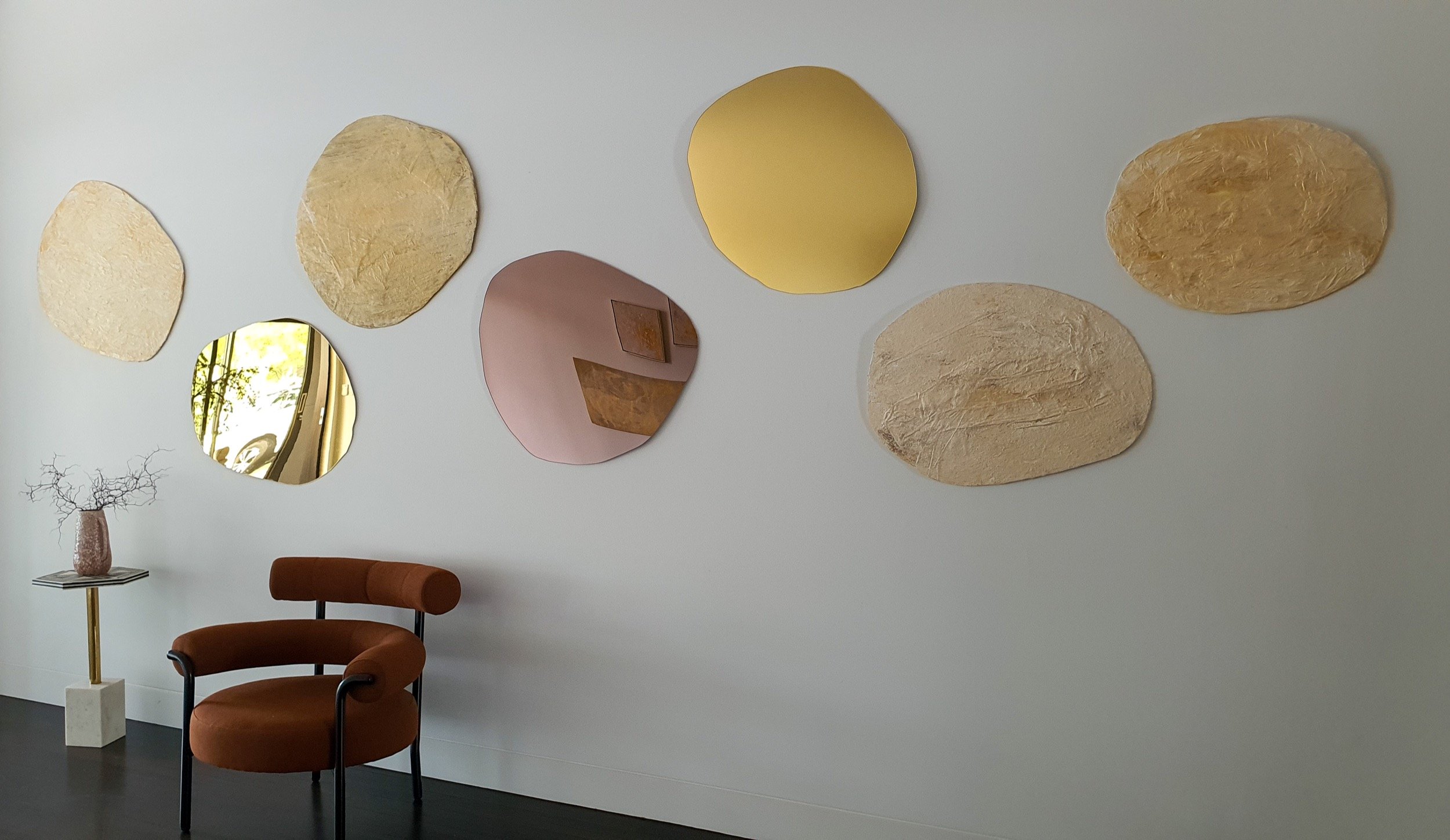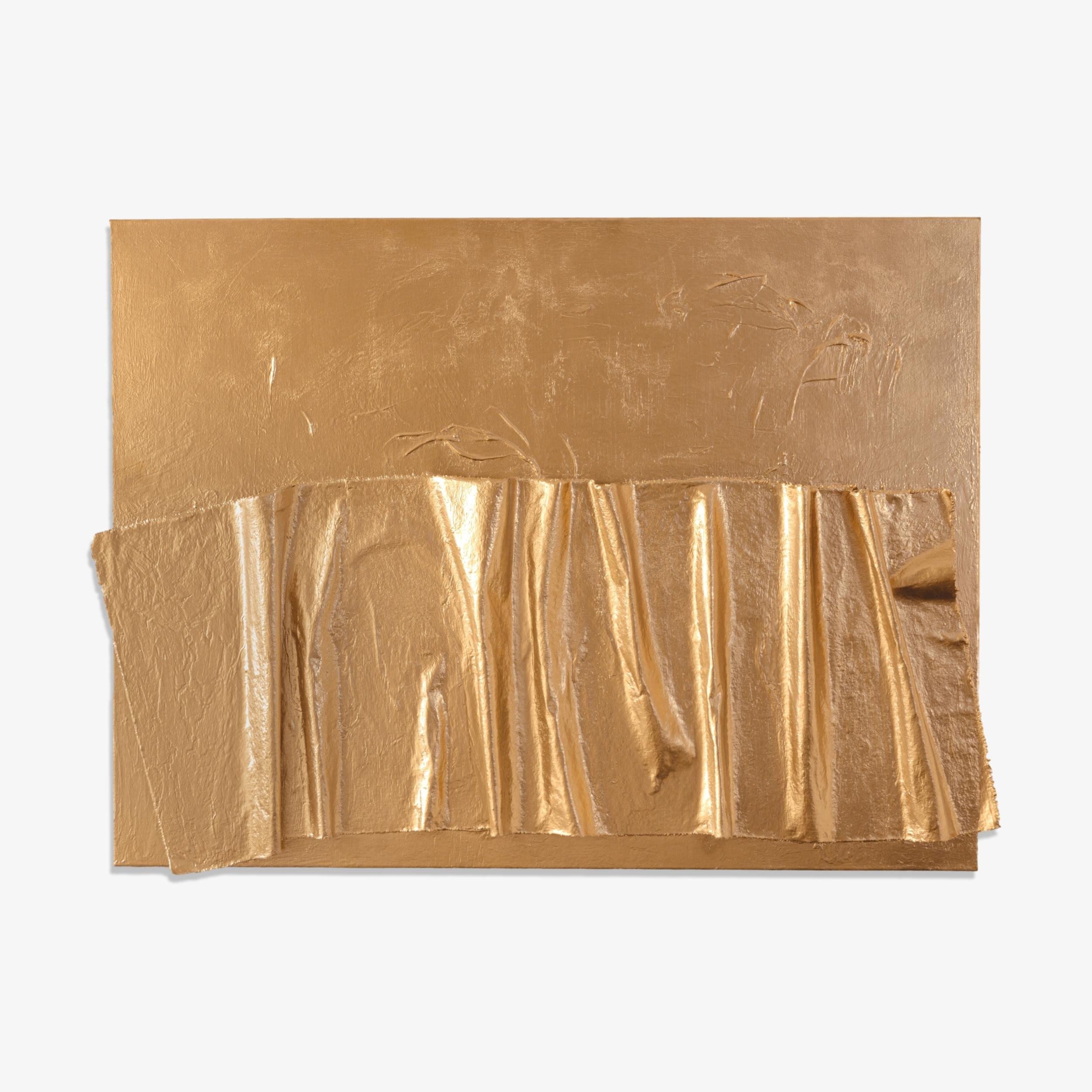
Collection by Anna Curnuck
Wabi Sabi Gold
Collection by Anna Curnuck
For this collection I explored the ideas of Transience and Impermanence, with notions of Imperfection & Perfection. Organic and Luxe.
There is a huge societal demand for humans to be perfect or as my husband says "insta perfect". Humans and emotions aren't perfect. But we strive to be. So this "perfection" can be a pressure or an aspiration, depending on our approach.
“Life is full of dichotomies and motion. Good and bad. Highs and lows. Ugly and beautiful and all the gradients in between. ”
Life is full of dichotomies and motion. Good and bad. Highs and lows. Ugly and beautiful and everything in between.
And it changes moment to moment. I love this aspect of life and explore this in my art process. I consciously use different styles, techniques and media and openly embrace this constant change and variation. In addition, in this particular collection I've purposely created different styles to disrupt the expectation or notion that they should all be a recognisable style. Each piece is different but there is a connecting thread and theme from me as an artist.
Throughout I have mixed the visual themes of organic and natural, refined luxe, including metallics which can be found in nature or created by man. I’m also inspired in my art practice by the Japanese art of repairing broken objects, often ceramic pottery or glass Kintsugi which means “join with gold” . Rather than throwing away or destroying something broken, this philosophical approach is, when you repair it, it may become even stronger and more beautiful.
Obviously one might apply this to the physical and non physical. I apply this philosophy to my art, sometimes painting over and over a painting to achieve a desired outcome, enjoying the embedded history of the imperfect before the final can be called complete.
“The concept of Wabi Sabi dates back centuries but it can be simply defined as an appreciation of the ‘imperfect, incomplete and transient’. Taking inspiration from Buddhist teachings on the three marks of existence – emptiness, suffering and impermanence – Wabi Sabi encourages us to recognise the beauty in simplicity, authenticity and imperfection.”












